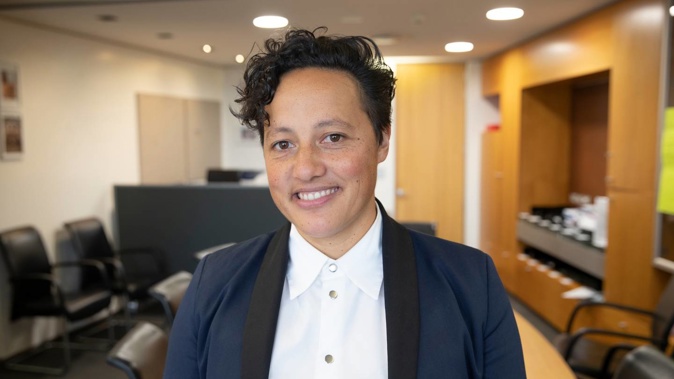
In an end to a longstanding bipartisan accord on political donations, the National Party is unlikely to support the Government's change to donations law which means anyone who donates more than $5000 must be named publicly.
Justice Minister Kiri Allan has set out changes to donations law, including lowering the limit for public disclosure of donors from $15,000 to $5000 by the 2023 election.
Allan said lowering the threshold for disclosure was in response to public concerns about the transparency of the donations regime and would increase trust in the electoral system.
However, National's spokesman Chris Penk said it would inevitably mean people were less willing to donate – and believed it was aimed at bolstering the argument for more public funding of political parties, something National was opposed to. He said there were legitimate reasons for people wanting to donate without being named.
National's caucus would make a decision on the upcoming law change on Tuesday, but the party had already made it clear it did not support changes to the current $15,000 disclosure threshold.
In 2020, National's donation return stated 117 people had donated between $5000 and $15,000 – totalling $1.16 million. Labour had 38 donors in the same bracket, totalling $359,400. At present parties only have to state how many donations of that size they received and the total.
It would end bipartisan agreement on the donations regime which has existed since the Electoral Finance Act in 2005 set the rules which are still largely in place now.
However, there were calls for further reforms – including from the Prime Minister – after Serious Fraud Office investigations into the handling of donations received by National, Labour and NZ First. All three investigations have resulted in court proceedings. The Government has started a wider review of electoral laws which will also look at donation rules, but Acting Prime Minister Grant Robertson said these were some changes that could be made in time for 2023 rather than wait for the review.
Act leader David Seymour and Penk both said the court cases showed the current law was working.
Seymour said it was outrageous that the Government was trying to push the changes through ahead of the next election rather than consulting more widely.
"Everyone supports openness and transparency, but these changes have nothing to do with that and Labour can't explain why they're needed.
"There is no evidence that $15,000 donations are distorting politics in any way. If anyone seriously thinks that a political party would abandon its integrity and principles for $15,000, then they don't understand the cost of modern campaigning."
The Greens electoral reform spokeswoman Golriz Ghahraman welcomed the change, saying it was something they had pushed for for years.
"Finally we will be able to see how big money is influencing the decisions that affect all of our lives."
However, she said it should go further – including a cap of $35,000 on donations.
In the first six months of this year, National declared $2 million in donations of more than $30,000 – a massive haul for a non-election year which was mainly the result of a fundraising drive by former MP Paula Bennett. Act has so far disclosed $1 million in large donations so far this year. Currently donors of more than $15,000 must be disclosed and donations of more than $30,000 disclosed within 10 days.
As well as the disclosure limit, the changes will also mean parties must disclose the number and value of party donations of less than $1500 which were not anonymous, and the proportion of donations that are in kind – such as of goods or services rather than cash.
It will also require parties to make their financial statements public each year.
The 2005 reforms did away with allowing large anonymous donations, or allowing donations to be filtered through a third party, such as a trust. National kept the donations rules in place when it overhauled electoral laws three years later.
Allan also announced that for the 2023 election a temporary expansion of overseas voting will be allowed. That would mean the voting eligibility criteria for those overseas would be extended from three to six years for citizens, and one to four years for permanent residents.
Allan said that was to take account of the disruptions from the border closures during Covid-19. "While many requirements have been lifted, overseas voters still face considerable financial, travel, health, and logistical barriers to returning home, including the risk of further Covid-19 restrictions."
Take your Radio, Podcasts and Music with you









